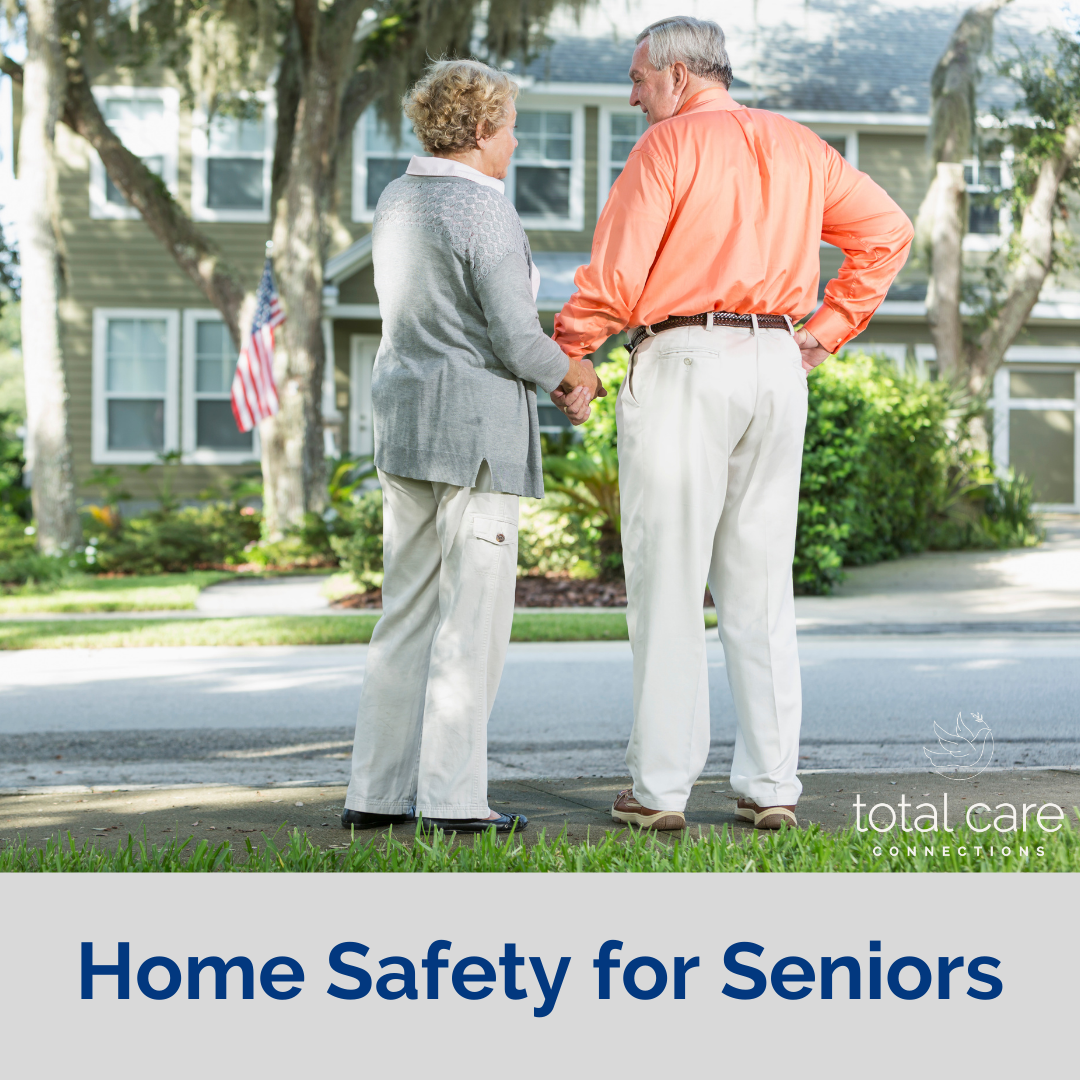There’s no place like home, which is why most older adults want to stay in theirs as long as possible. Fortunately, staying independent and safe at home is much more attainable for older adults than it was just decades ago. If your loved one is aging at home, you can help them stay independent by making their surroundings a little bit safer.
Just a few quick adjustments and a bit of financial investment can help your loved one age in place without worrying about accidents, falls, or other potential safety hazards. Here are a few things to think about as you plan your projects in your loved one’s home.

Reduce Falls
Senior falls are a serious problem around the country, with the Centers for Disease Control reporting that falls are the number one cause of injuries and death from injury for the older adult population. Seniors are at a higher risk for falling than their younger peers for a variety of reasons including vision difficulties, movement disorders, cognitive decline, and decreased strength. Keep these potential complications in mind as you plan to make your loved one’s home safer.
Here are a few ways to reduce falls at home:
- Secure grab bars near the toilet
- Purchase and install a shower chair
- Clear clutter from hallways
Check the Temperature
Older adults can be especially vulnerable to weather-related illnesses. Extremely hot or cold weather can create the potential for life-threatening conditions. Double-check that your loved one’s thermostat is working, and that their air conditioning and heating system is ready for the next season. Make it a point to switch out their air filters, check the carbon monoxide detector, and have seasonal conversations encouraging them to keep their home’s temperature neither too hot nor too cold.
Avoid Accidents
Accidents can happen to anyone, of any age, but seniors often are harmed more frequently from accidents at home than their younger peers. While you can’t predict every potential accident, you can take measures to reduce certain risks. Remove any tools or equipment that perhaps are no longer safe for your loved one to use and install a water temperature control on the hot water heater to avoid burns in the shower or tub.
Talk About Driving
If your loved one still drives but you are worried about it, now is the time to have a frank conversation with them about it. You can also enlist the expertise of their physician, who can give their opinion on driving safety based on their knowledge of your loved one’s physical and cognitive health.
Review Your Emergency Plans
Finally, ensure you are taking time to update and review your loved one’s emergency information and plans. Update their medical record and consider getting started with Vial of Life in order to ensure first responders have the information they need about your loved one upon entering their home. Now is also the time to update your loved one’s emergency contacts with their physician and any other member of their clinical team. You might even want to consider investing in a medical alert device too.
Learn more about how to make your loved one’s home safer with our free resource, Your Home Safety Checklist. You’ll learn how to do a few quick DIY projects in each room of your loved one’s home that can keep them safer from falling, from accidents, and from other injuries.
At Total Care Connections, our services are designed to keep our clients safe, healthy, and independent in the home of their choice. Contact us to learn more about the services available to your loved one.
